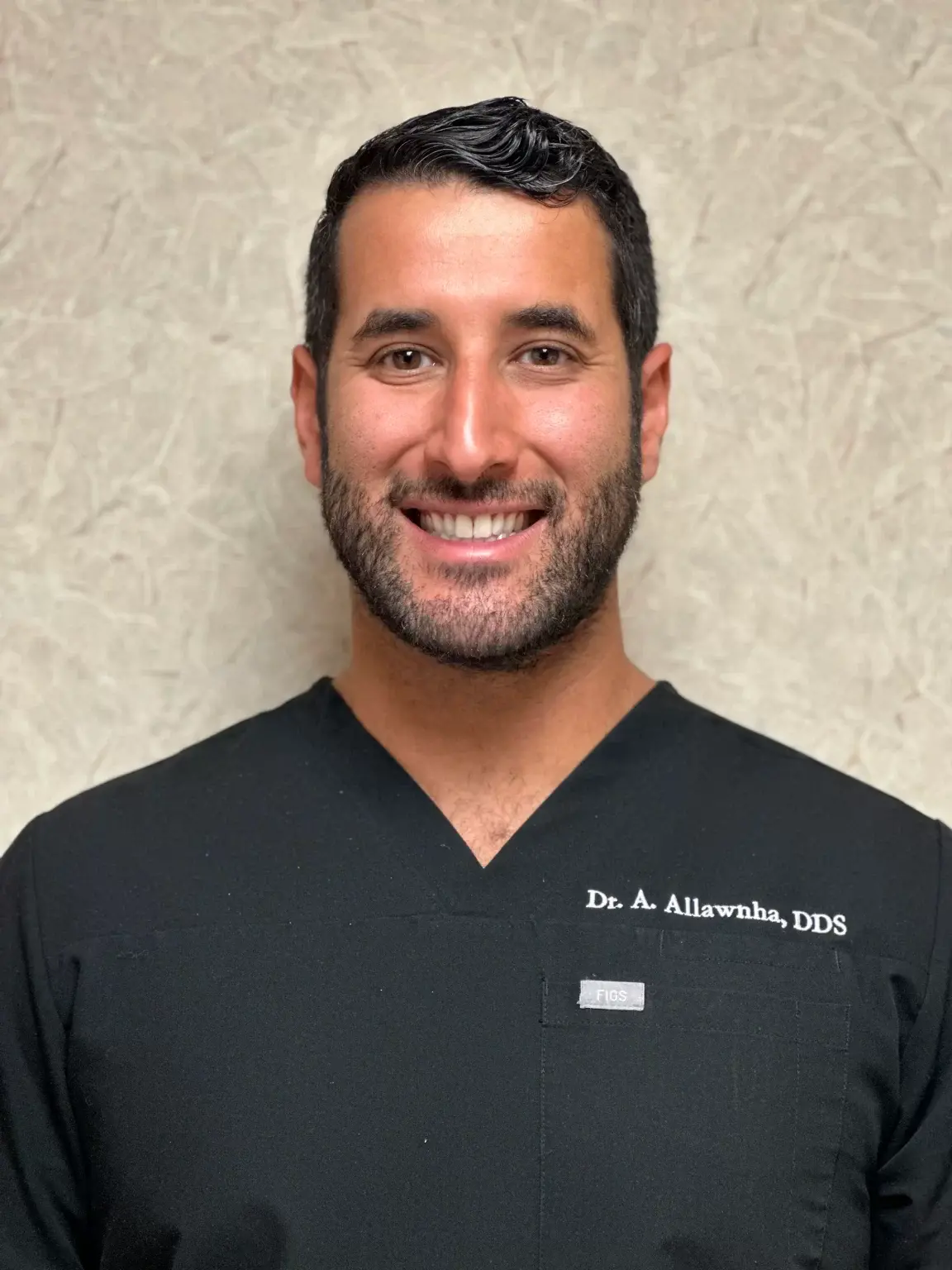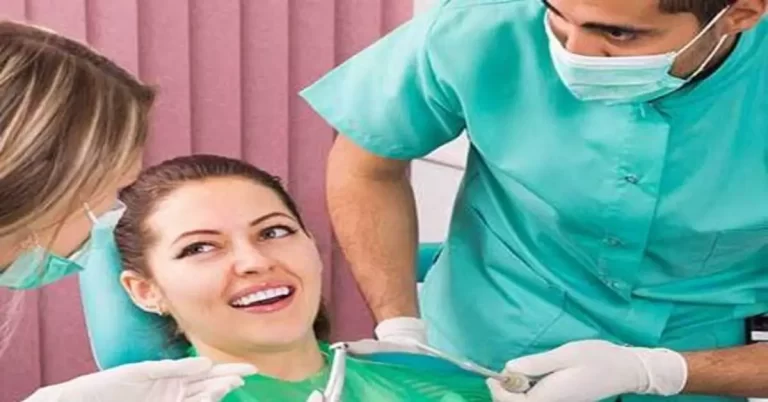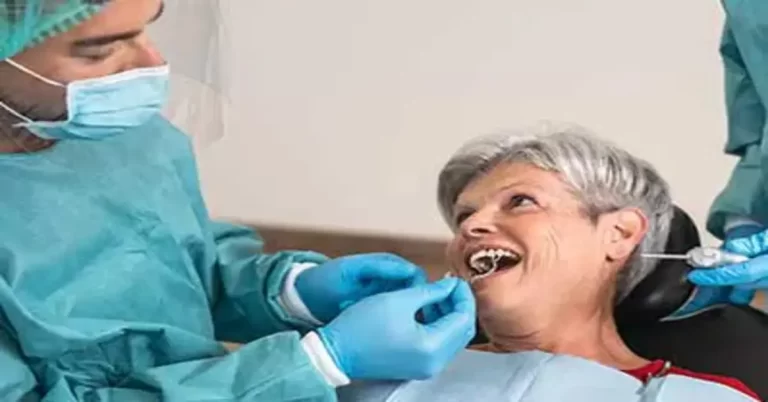Oral cancers can develop in any part of the mouth, including the lips, gums, inside your cheeks, the roof of your mouth, or underneath your tongue. Mutations in the DNA of your mouth’s cells are the main cause of oral cancer. The cause of these mutations is unknown, but doctors have pinpointed factors that increase your risk of developing oral cancer. These include tobacco use, alcohol, prolonged sun exposure, a weak immune system, and the human papillomavirus (HPV).
Some signs of oral cancer include sores that don’t heal, white or red patches inside the mouth, growths or lumps in the mouth, and pain in the mouth or when swallowing. These signs and symptoms should prompt you to visit a dentist or doctor immediately.
Once a diagnosis is made, you’ll need to discuss your treatment options with your health provider and your loved ones.
How Is Oral Cancer Treated?
Oral cancer treatment will depend on its location, stage, preferences, and overall health. Some people may need multiple treatment options, while some only need one. Talk to your doctor or oral cancer specialist about your options.
Surgery
Depending on the severity of the oral cancer, surgery may be necessary to help patients cope with their condition. Some surgeries for oral cancer include:
- Tumor Removal – Surgeons can remove the tumor and the margin of tissue surrounding it to ensure the removal of all cancer cells. Minor surgery is enough to remove smaller cancers, while large tumors may require more extensive procedures. For example, your surgeon may remove a portion of your jawbone or tongue.
- Neck Dissection – Neck dissection is a procedure that can remove cancer cells that have spread to the lymph nodes in your neck. It can also help your doctor determine if you need additional treatment after the surgery.
- Reconstructive Surgery – Your surgeon may recommend reconstructive surgery after they remove your tumor to help you talk and eat. They may take grafts of your skin, muscles, or bones from other parts of your body to reconstruct your mouth. They may also use dental implants to replace natural teeth.
Surgery always carries the possibility of infection and bleeding afterward. It can also alter a patient’s appearance. You may also need a tube to help you eat, drink, and take medicine.
Radiation Therapy
Radiation therapy uses strong energy beams like protons and X-rays to kill cancer cells. It can be delivered by a machine or by radioactive seeds or wires placed near the tumor.
Radiation therapy is usually the next treatment after surgery. Your doctor can also use it alone for early-stage mouth cancers. Using it with chemotherapy increases its effectiveness. However, it may also lead to more side effects. Radiation therapy can help relieve pain and other signs and symptoms for advanced mouth cancer patients.
Dry mouth, tooth decay, and damage to the jawbone are some of radiation therapy’s side effects. You may need to see a dentist before beginning radiation therapy to ensure your teeth remain healthy. They can also teach you how to care for your teeth during and after radiation therapy to reduce the risk of other oral health complications.
Chemotherapy
Chemotherapy uses chemicals to kill cancer cells. It’s often combined with radiation therapy because it makes the treatment more effective. It can also be used alone or combined with other chemotherapy drugs or cancer treatment options.
Side effects of chemotherapy vary depending on the drugs you are given. Common side effects include nausea, hair loss, vomiting, and dizziness. Ask your doctor about the possible side effects you may experience with the chemotherapy drugs you receive.
Immunotherapy
Immunotherapy is a treatment that uses your immune system against cancer. Your body’s immune system may not attack the cancerous cells. This happens because cancer cells make proteins that blind the immune system. Immunotherapy interferes with this process.
People with advanced mouth cancer that is not responding to standard treatment options should consider immunotherapy.
Targeted Drug Therapy
Targeted drugs change some aspects of cancer cell growth to treat oral cancer. They are used alone or with chemotherapy or radiation therapy.
Cetuximab (Erbitux) is an oral cancer medication that blocks the action of a protein found in most healthy cells but is more prevalent in cancer cells. Its side effects include itching, headaches, diarrhea, and infections.
How To Support Treatment
Stop Smoking
Oral cancer and many other types of cancer are closely tied to tobacco products like cigarettes, cigars, pipes, chewing tobacco, and snuff. While not everyone with oral cancer uses tobacco products, it’s probably time to quit if you do.
Tobacco makes treatments less effective and may slow down your healing after surgery. They also increase your chances of developing other cancer types.
Quitting tobacco products will be challenging and more difficult if you’re dealing with stressful situations like a cancer diagnosis and treatment. Ask your doctor about your options, which include counseling, nicotine replacement products, and medications.
Quit Alcohol
Drinking increases your risk of developing oral cancer, especially when combined with smoking. Stop drinking alcohol to help reduce your chances of developing a second form of cancer.
Alternative Medicine
While complementary and alternative medicine can’t cure oral cancer, they can help manage the fatigue and other side effects of oral cancer treatment. Doctors can treat the underlying causes of your fatigue and prevent you from feeling completely exhausted, but fatigue may persist even after treatment.
Some of the things you can try include:
- Massage therapy – Massage therapists apply pressure on your skin and muscles with their hands. Some are trained to work with cancer patients; ask your doctor for their recommendations.
- Gentle exercise – Do gentle exercises a few times a week for at least 30 minutes. Moderate exercises like brisk walking or biking can also reduce fatigue after and during cancer treatment. Make sure it’s safe for you to exercise by discussing it with your doctor before you begin.
- Relaxation – Some activities may help you relax and cope. Listen to music or write in your journal.
- Acupuncture – In an acupuncture session, a skilled practitioner inserts tiny needles into specific points on your body. Some acupuncturists have been specially trained to treat cancer patients. Ask your doctor for recommendations.
Coping and Support
Discussing your cancer treatment may leave you overwhelmed and confused. Coping with your new diagnosis and making treatment decisions will be stressful.
Taking control of things you can control may help you get through this stressful time. Try learning more about oral cancer to help you make informed treatment decisions. It also helps to talk with cancer survivors and keep your family and loved ones close for support. Lastly, set aside time to take your mind off your cancer diagnosis and treatment.
Key Takeaway
After an oral cancer diagnosis, you’ll need to discuss your treatment options. Your treatment options depend on the stage, location, preference, and overall health. Your doctor may recommend surgery, chemotherapy, radiation therapy, targeted drug therapy, and immunotherapy.
You can also support your treatment by quitting tobacco and alcohol and trying alternative medicine like acupuncture, massage therapy, and exercise. It also helps to have support while undergoing treatment, whether from oral cancer survivors or your loved ones.
Go for an oral cancer screening today.
The earlier you catch cancer, the easier it is to treat it. Our dentist in St. Pete Beach can check for signs of oral cancer and refer you to capable cancer specialists. Call us today with your questions or concerns.





